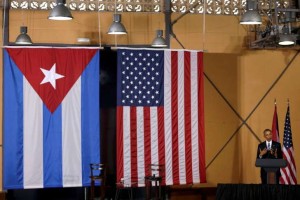We have been doing some housecleaning around here lately.
Moving day will arrive eventually as we prepare to launch ourselves into a new adventure. Retirement has given us time to do some serious evaluation and re-evaluation of what we possess and what we should keep or discard. Those of you who’ve been through this get my drift.
I have been rifling through my home office desk and I’ve come across three items that — strangely enough — I just cannot discard.
Two of them involve tools of the craft I pursued for nearly 37 years. Old-line journalists will know of what I speak. The newbies out there, well, listen up.
One of them is a pica pole. It’s like a ruler only with a specific newspaper-related purpose. A pica is a unit of measurement. Six picas equal one inch. The pica pole has inch markings on it, but when you’re working with this device in a newsroom, you rely on the pica measurement.
It tells you how wide to make your photographs, how wide your columns of type will be, how deep the stories will run along a page of type.
Pica poles are relics of the past. To my knowledge, they have no practical use today in this age of desktop publishing.
I actually have two of them, one of which I am certain was issued to me at the first full-time journalism job I had, at the Oregon City (Ore.) Enterprise-Courier. The E-C, as we called it then, also has gone dark. It no longer publishes. The building has been wiped off the slab at its downtown Oregon City site.
My boss at the time told me to “guard this with your life” when he issued it to me back in 1977. I have done as he said.
The second item is a proportion wheel. We used this item to measure the size of pictures we would place on our news pages. You line up the inner wheel measurements with the outer wheel measurements and you determine by how many percentage points you want to expand — or shrink — the original print to make it fit the space you have on the page.
That’s all done electronically now.
The third relic from my former life? That would be a luggage tag I collected on the trip of a lifetime I took in November 1989. It’s a Thai Air tag that went on a piece of luggage from Bangkok to Hanoi — yeah, the city in Vietnam.
I was among a group of editorial writers making a fact-finding trip to Southeast Asia. The National Conference of Editorial Writers arranged for this trip that originated in Thailand, then to Vietnam, then to Cambodia and back to Vietnam.
Once the official NCEW portion of the trip concluded, I was able to travel to Da Nang with two of my colleagues and visit the place where I had served 20 years earlier as a member of the U.S. Army. A life-changer? You bet it was.
I am not sure why I kept the Hanoi bag tag, but I am glad I did.
It is one of those wonderful — if small — reminders of the many great things I was able to see and do pursuing a craft to which I was deeply devoted.
That was then. The here and now beckons my wife and me to places still to be determined. I’ll keep you posted.



